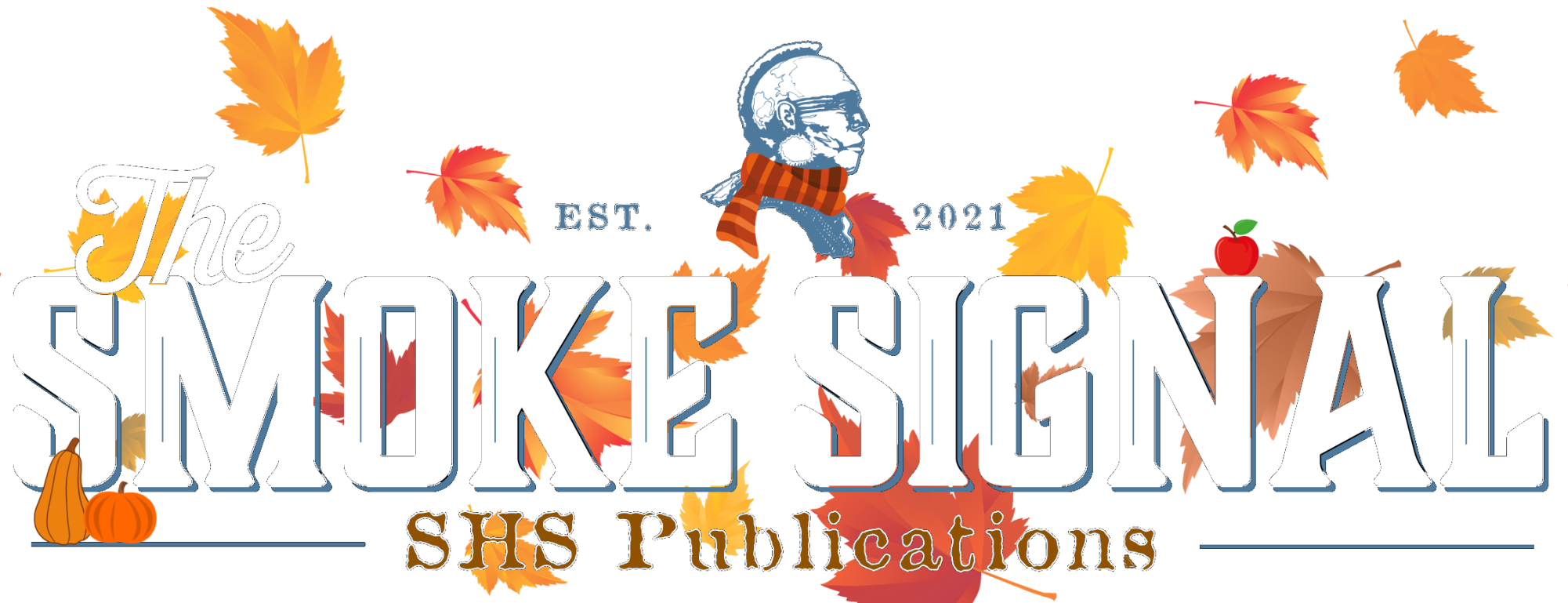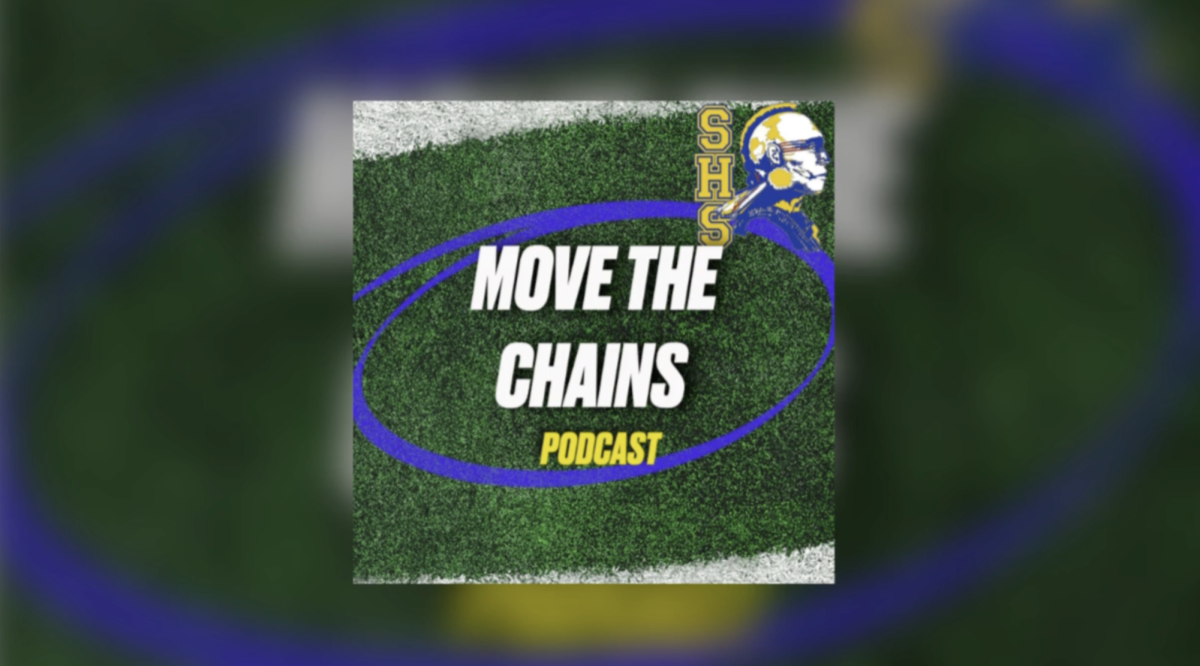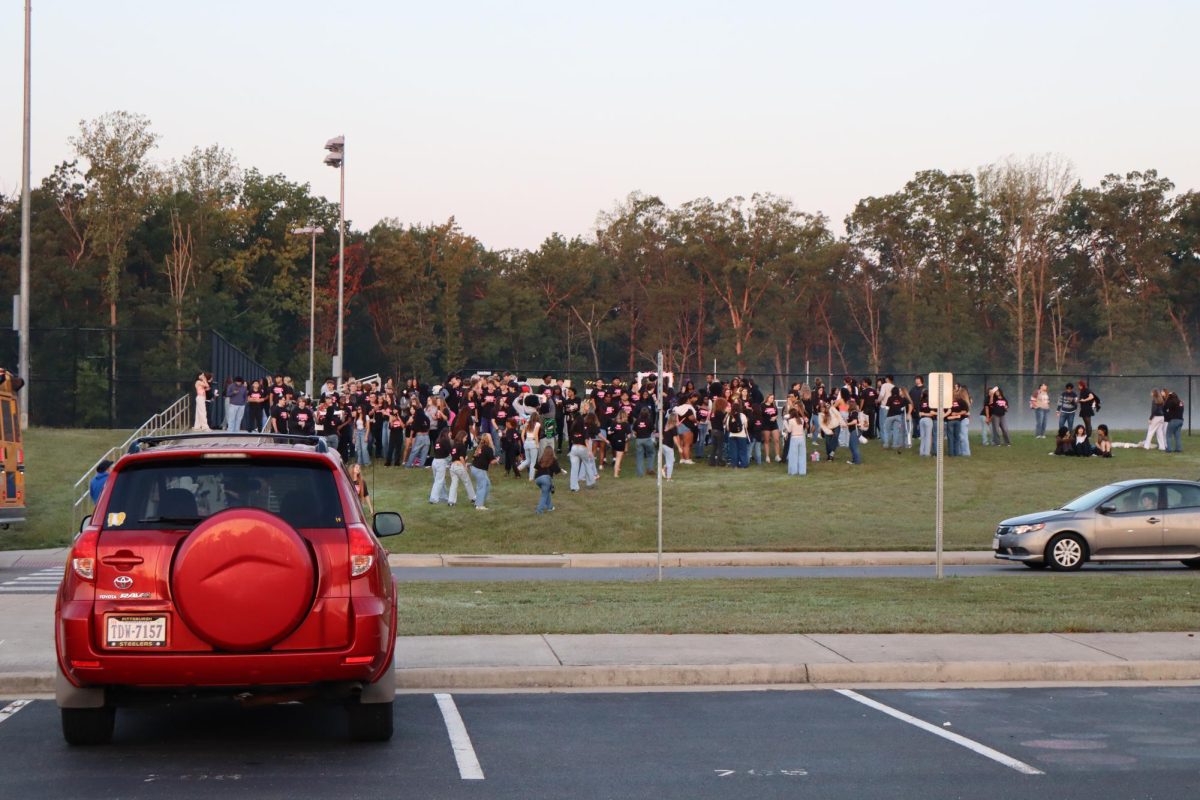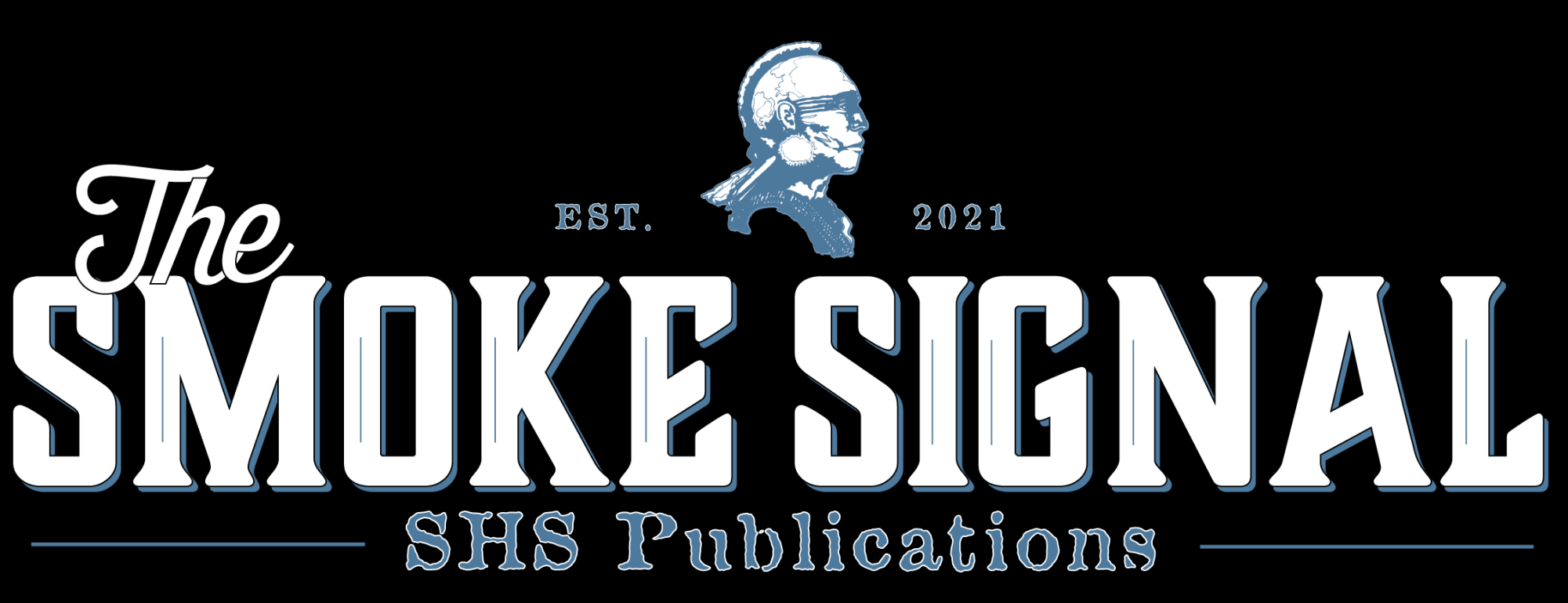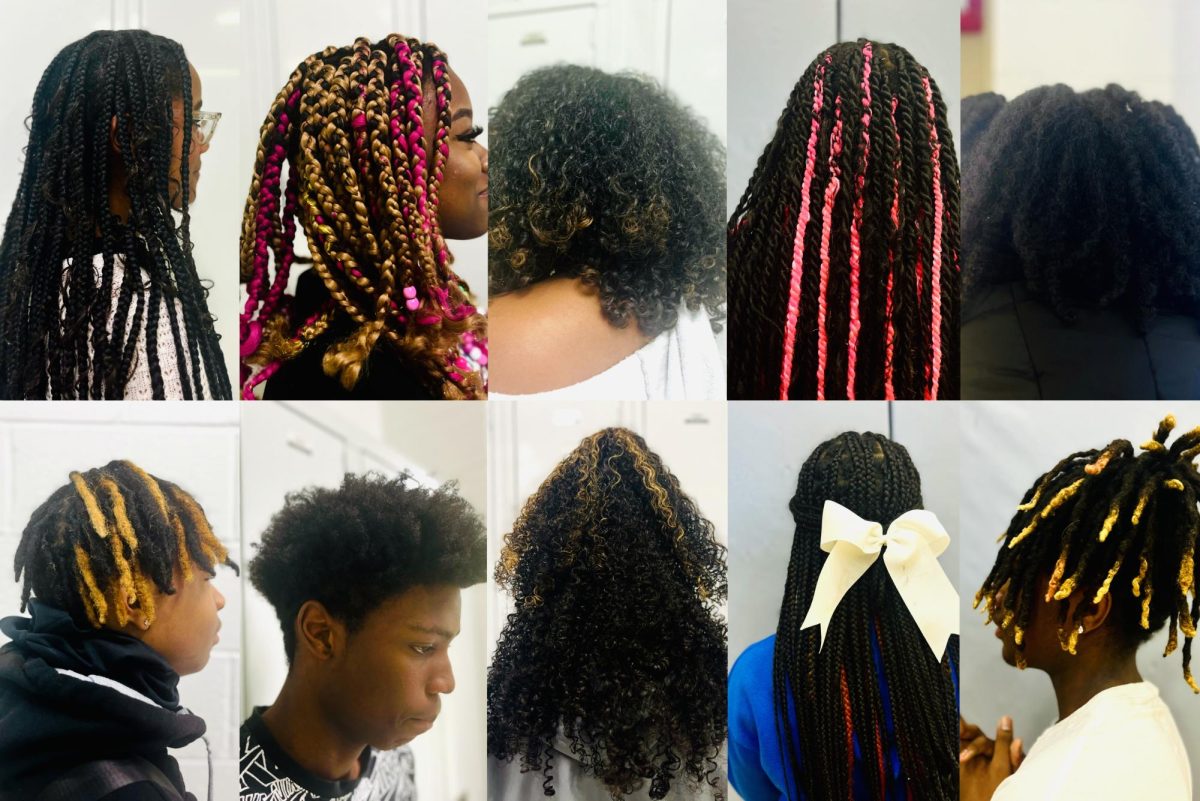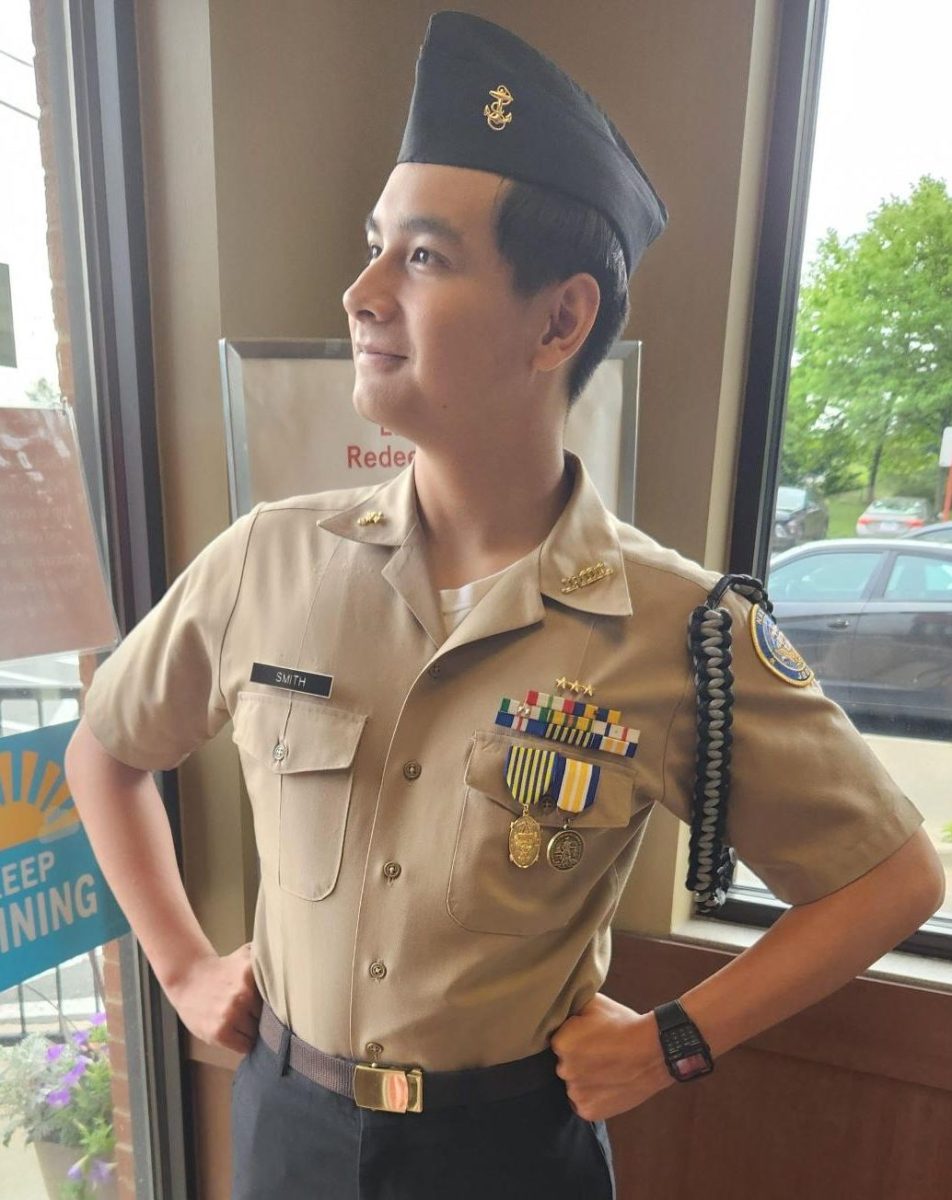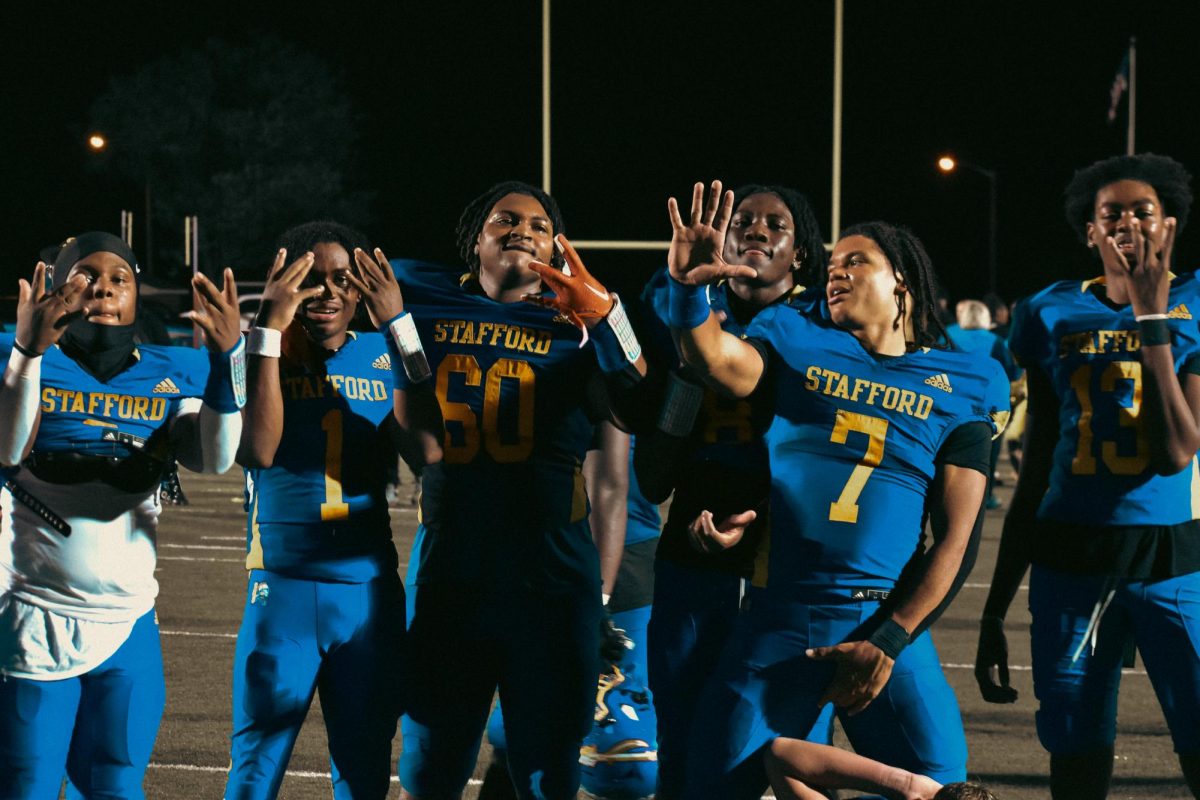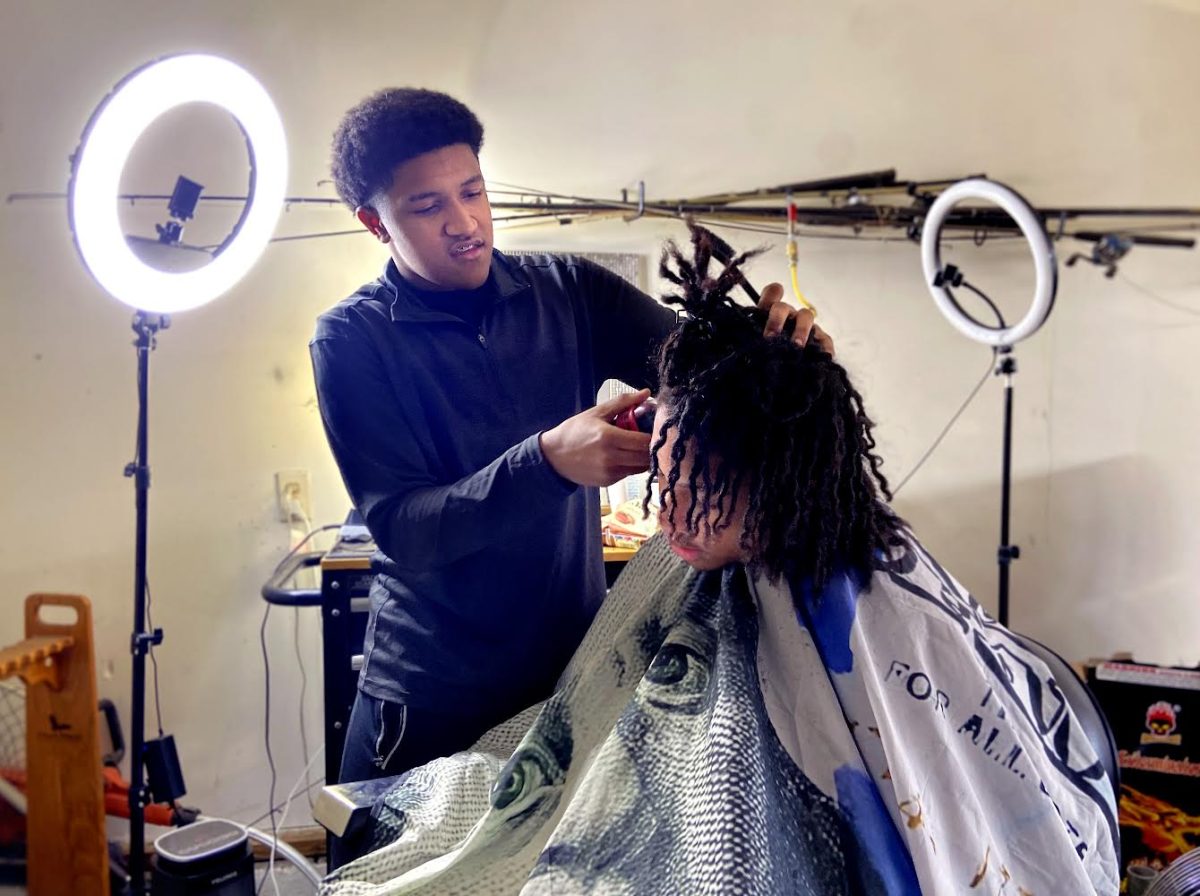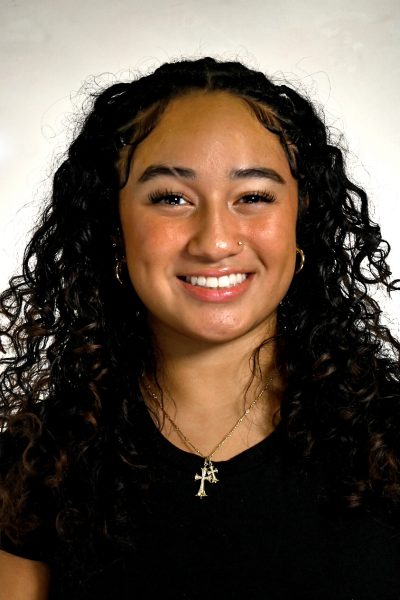After hundreds of dollars spent on fresh braids and hours spent rotting away in a chair, feeling your scalp yank and tug with every strand being intricately twisted, you sit in the principal’s office with a suspension notice because your hair is a “distraction”. Could you handle being profiled by teachers, employers, and unsolicited strangers because of a part of yourself that is out of your control?
This was the reality for Andrew Johnson, a 16-year-old Buena Regional High School wrestler, who’s locs were slashed from his head by a trainer moments before his match, so he would be permitted to compete. The referee who gave Johnson the option between cutting his hair and forfeiting the match later labeled Johnson’s hairstyle as “unnatural”.
This past September, Darryl George, a 17-year-old Junior at Barbers Hill High School, was similarly punished with a two-week suspension for refusing to cut his twisted dreadlocks.
George’s district superintendent, Gregg Poole claimed this injustice was a “teaching of sacrifice,” and professed that there was a psychological benefit, to George cutting his locs he has spent over 10 years growing.
These ideas of ethnic hair and hairstyles being “unkempt” and “unprofessional” aren’t unique to recent decades. Blatant acts of discrimination and attempts to shame natural, Black hair have been a flagrant trend of America’s history from the very beginning. The era of slavery and reconstruction years following it set the stage for ruthless stereotyping and racism against Black hair.
In the 1850’s and 1860’s, minstrel songs mocked the hair texture of Black people, “comparing it to wool and often describing it as nappy.” Wearing natural, Black-hair styles, such as an afro, became a symbol for Black Liberation Movements to rebel against eurocentric beauty standards that glamorized straight hair. For those who weren’t so brave to wear their natural hair, chemical relaxers and hot combs became heavily popularized to give Black women the straight hair society told them they needed.
By the late 1800s to early 1900s, the Black beauty industry was booming with billionaires, like Madame CJ Walker, profiting from inventions like chemical straighteners, the hot comb, and other chemically altering hair-care lines that were accessible for people to conform to western beauty standards.
Oblivious to the harm they were causing to their hair, Black girls and Black boys masked their curls with relaxers and disguised their coarse textures with Jheri curls, a permanent chemically-induced wave style that became popularized in the 80’s and 90’s. All of these texture-altering hairstyles were thought to make ethnic hair more socially-acceptable and to make those unfamiliar to coarser, tighter hair types, comfortable in their presence.
Abby Robinson, a freshman at Stafford High School, frequently wears her hair straightened and expresses her regret for all the years she’s put her hair through heat damage. “At first I didn’t really like my curly hair.” Robinson confessed. When she started to appreciate her curls, the damage had already been done, and she could no longer make her curl pattern pop the way it used to. “I wish I had my curls back,” she lamented.
Alexandria Scott, junior at Stafford High School, shares a similar relationship with her natural hair. “I used to love my hair, but I dyed it and flat-ironed it and kinda messed it up,” Scott said. “I’m learning how to love my hair.”
A sophomore at Stafford High School, Malachi Creamer, shared his experiences sporting his natural curls. “It’s hard work; it’s a lot of dedication. I am in the shower washing my hair for 30 minutes, even an hour sometimes,” Creamer explained. He also shed light on the negative attention he receives at times because of his hair texture. “People think I’m a thug, they think I don’t take care of myself,” he said.
As society tries to progress towards being more accepting of natural, Black hair, laws like The CROWN Act are coming to surface. The CROWN Act (Create a Respectful and Open Workplace for Natural Hair) was passed into California law in 2019 to ensure protection against unjust treatment based on ethnic hairstyles.
After decades of hiding to appease the White gaze, Black men and women have turned to embracing their natural hair textures, despite the traces of prejudice still left in our society. Now more than ever, those with ethnic hair types have let their curls loose, free from heat and chemical alterations, with nationwide perm sales declining more than 26% since 2008.
Young black people are now seeing more representation in mainstream media, as the ever changing U.S. beauty standards are slowly conforming to Black hair. These new standards have made black hair textures ideal, with naturally straight-haired celebrities, such as Bella Hadid, Emily Ratajkowski and Katie Holmes, debuting their curly perms in the public eye. These trends that are influencing America to not only accept, but emulate curly hair, are single-handedly changing what it means to wear natural hair, what it means to be beautiful.
Hair is a key aspect to one’s sense of confidence and individuality. After years of oppression and hate towards Black hair, we are still moving towards a world where ethnic hair isn’t just hair: it’s a crown worn to pay homage to past generations of those who fought to prove their worthiness in a world that decides what is “neat” and “proper”.
